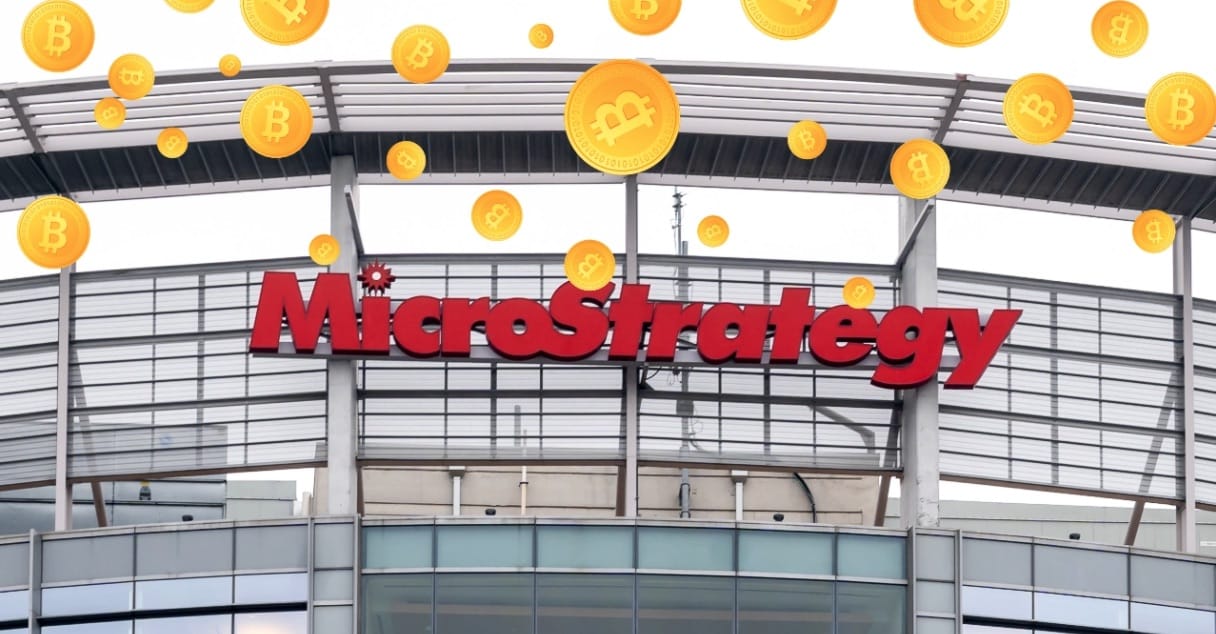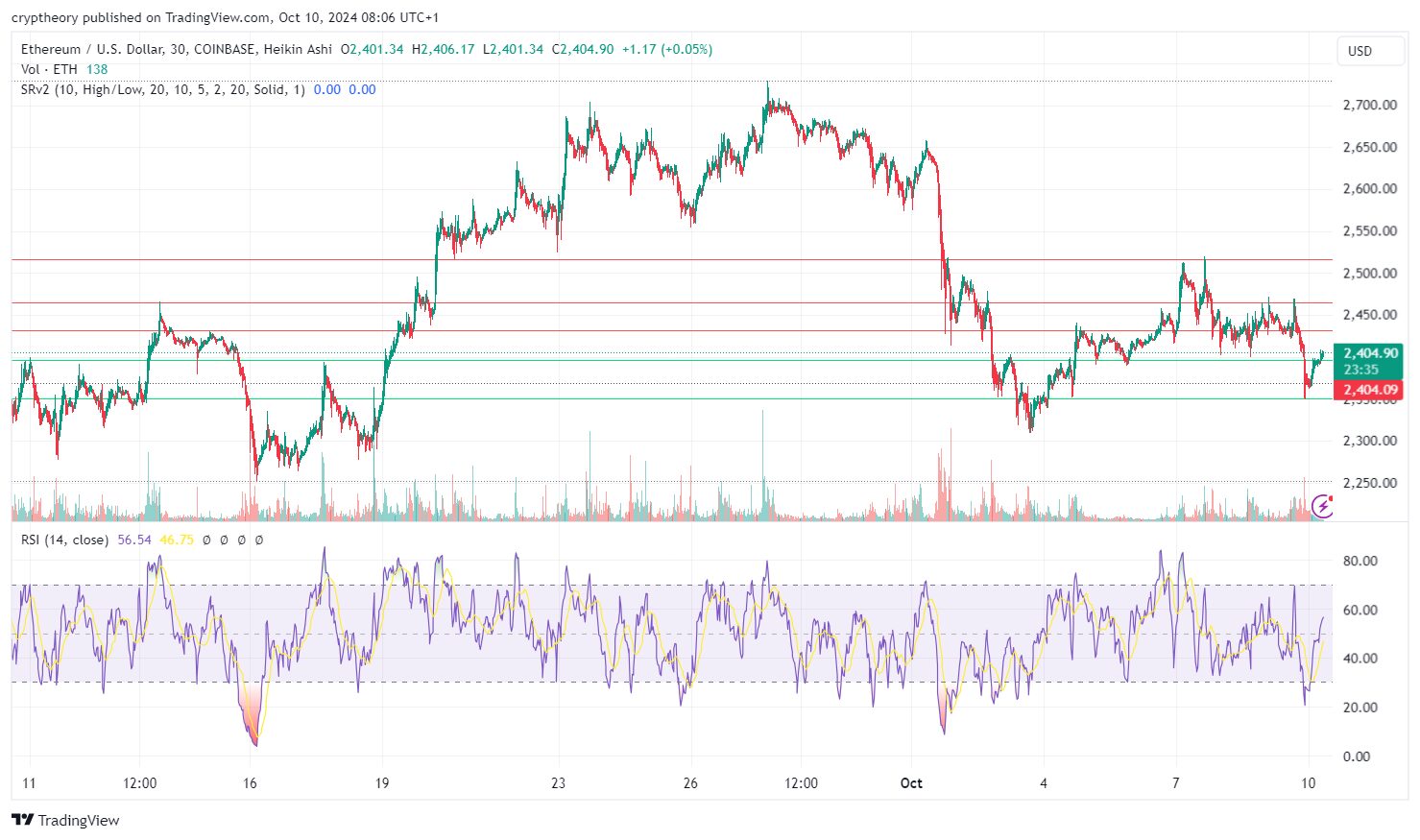Table of Contents
The collapse of FTX has dragged the entire crypto market down with it over the past year. In the analogy of the banking world, one should have spoken of systemic importance with such a large exchange, of “Too Big to Fail”. But while there is a safety net through states and central banks in the traditional financial market, this safety net is completely missing in the crypto sector. We were all able to experience the consequences up close at FTX.
Binance and Coinbase under constant fire
The obvious question is therefore how dependent the crypto market is on the big players, above all Binance and Coinbase. What would it mean if US securities regulators brought down the companies? While this may be quite unlikely for Coinbase, it looks much more problematic for Binance US.
Surprisingly, given the severity of the American crypto attack, the market is proving to be quite resilient. It can be assumed that the current scenario would have led to an earthquake-like landslide on the crypto market before the FTX causa, i.e. before November 2022.
Bitcoin is proving robust
The fact that the price reactions of the cryptocurrencies are manageable and mostly remain in the single-digit minus range indicates that the crypto market has recovered in recent months. Since then, decentralized alternatives have grown significantly and the risks are priced in much more strongly. Crypto investors are now expecting anything and are hard to faze. The last few months have dulled the community from bad news.
A typical phenomenon for markets, whether stocks or cryptocurrencies, which are at the end of a correction phase. The so-called weak hands are out, those who are still in are in out of conviction and will no longer sell. Bad news meets a less sensitive market that is becoming less and less responsive to events. This circumstance takes away the pressure to sell and reduces the risk of sudden crashes.
If even the weekly escalating “War on Crypto” in the most powerful country in the world only moves the total market capitalization of the crypto market minimally, then this can be interpreted as a very positive signal from an investor’s point of view.
Despite this positive summary, it must be said that the dependency on Binance in particular is still too high. In theory – which we’re still a long way from – prices shouldn’t move at all if a single exchange gets into trouble.
Assuming that the operator of a “traditional” exchange would come into conflict with the financial supervisory authority, it would most likely have no impact on the shares, commodities or other securities that can be traded here.
USA: It’s not about the individual companies, but about the entire crypto sector
The situation is different in the crypto sector. The fate of assets is closely linked to the fate of stock exchanges. After all, in the case of the USA it is an attack on cryptocurrencies, ergo on the whole system. That’s a significant difference.
All crypto exchanges located in the USA are therefore affected by the regulatory madness. If the plug were pulled here, as has already been tried with de-banking – i.e. the prohibition of business relationships between banks and crypto companies – this would in turn have an impact on investors’ willingness to invest. This would probably invest less in Bitcoin and Co. Especially since not every investor is willing to take detours to get hold of cryptocurrencies. Consequently, it is also justified if, as in the current case, prices react.
Will the SEC Collapse Soon?
There is currently the impression that we are at the peak of the wave of regulation. In response to the 2021 bubble and scandals in the crypto sector, notably FTX, the US government has felt compelled to crack down on crypto. The current bear market also makes crypto companies particularly vulnerable and the regulatory approach particularly effective.
On the other hand, the pressure on crypto opponents continues to increase. Politicians, especially from the Republican camp, such as the presidential candidate Ron DeSantis, are increasingly defending themselves against the anti-crypto campaign of SEC Chairman Gary Gensler and Democrat Elizabeth Warren.
At the same time, the EU created a legal framework with MiCA that makes the Wild West look bad in the USA. Hong Kong is also signaling more and more opening signals and has been enabling crypto trading again since June. In view of this, the understanding of the crypto attack, especially from a realpolitik point of view, is likely to find less and less approval. If a new crypto hype, a new global adoption dynamic should now arise, then the USA will have a serious problem. In short: Crypto opponents are running out of time.
Crypto: 5 reasons for optimism
Currently it is not easy to be a crypto enthusiast. Persevering instead of celebrating is the order of the day. On the other hand, if you put emotions aside and grasp the situation rationally, then the current market environment can be very optimistic. Among other things, this speaks for itself:
- The macro situation is playing into the sector’s cards, see the end of interest rate hikes and the fall in inflation, while the debt problem flares up at the same time
- More and more jurisdictions are creating legal certainty for the crypto sector (including the EU, Hong Kong), and the pressure on the USA is increasing
- Hype-driven overvaluations have decreased or weak hands are out, while negative news and events are priced in
- The constant further development and the still eager “building” in the sector increases the probability that new applications will provide the next hype
- Pressure on the US dollar is growing, readiness for alternative currency constructs and currency reserves is increasing and with it the probability that other countries will open up to Bitcoin
Of course, there are more than these five reasons why the current outlook for the crypto sector is better than some depressed crypto supporters might believe. In any case, the past has proven that after every thunderstorm, the sun will eventually shine again. In any case, it would soon be time for the crypto sector again.






















